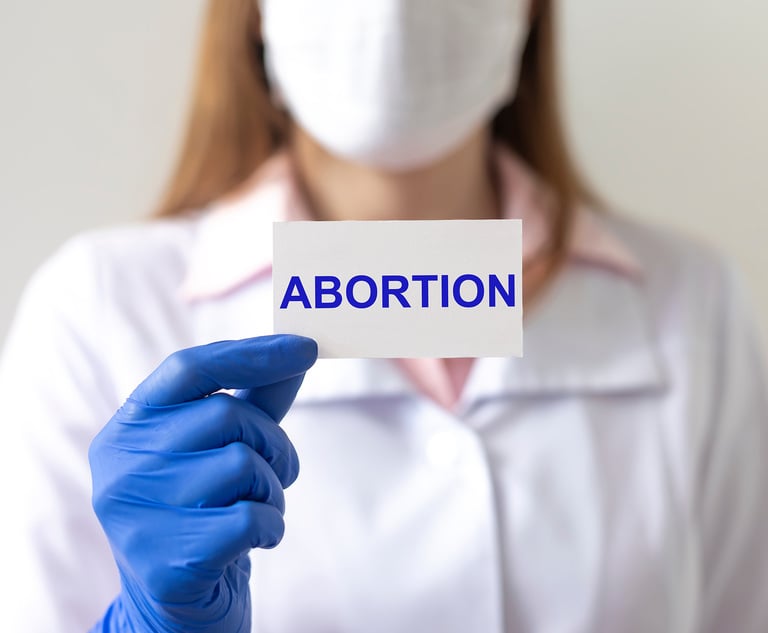Moving quickly on what supporters call the “Heartbeat Protection Act,” Gov. Ron DeSantis signed a bill that would prevent abortions after six weeks of pregnancy.
DeSantis’ office announced the signing about 11 p.m., several hours after the House gave final approval to the bill (SB 300), one of the most-controversial issues of this year’s legislative session.
“We are proud to support life and family in the state of Florida,” DeSantis said in a statement. “I applaud the Legislature for passing the Heartbeat Protection Act that expands pro-life protections and provides additional resources for young mothers and families.”
But Rep. Anna Eskamani, D-Orlando, called it a “devastating day for Floridians and especially for Florida’s women.”
“We’ve said it before and we’ll say it again: Floridians and Americans overwhelmingly oppose abortion bans, and tonight Gov. DeSantis further proved that point by signing Florida’s most extreme abortion ban into law near midnight and behind closed doors,” Eskamani said in a statement. “His sick and sad attempt to avoid public backlash will not work. We will organize, mobilize and continue to build a coalition of Floridians and Americans who oppose abortion bans and respect bodily autonomy.”
DeSantis, who is widely expected to run for president in 2024, and the Republican-controlled Legislature last year approved a 15-week abortion limit. But that came before a June ruling by the U.S. Supreme Court that overturned the landmark 1973 Roe v. Wade decision, refueling debates in Florida and across the country about abortion rights.
Whether the six-week limit takes effect will be determined by how the Florida Supreme Court decides a challenge to last year’s 15-week law.
Seven abortion clinics and a physician filed a lawsuit arguing that the 15-week limit violates a privacy clause in the Florida Constitution that has protected abortion rights since a 1989 Supreme Court decision. Under this year’s bill, moving to a six-week limit would be contingent on the Supreme Court effectively upholding the 15-week law.
It is unclear when the court will rule on the challenge, though it probably will be after the legislative session.
Republicans have long argued that the privacy clause was never intended to protect abortion rights and that the Supreme Court should back away from legal precedents on the issue. If that happens, the six-week limit would be able to move forward.
The House voted 70-40 on Thursday to pass the bill, which was approved April 3 by the Senate. Supporters have said the bill reflects fetal heartbeats being detected at six weeks of pregnancy, but opponents have contended that it would lead to a virtual ban on abortion, in part because many women don’t know they are pregnant at six weeks.
In addition to the six-week limit, the bill includes other proposed changes, such as requiring that abortion-inducing medication be provided in person by physicians and not through the mail. Also, the bill would prevent abortions from being provided through telehealth and would expand services provided through organizations that counsel women against abortions.
Last year’s 15-week law has drawn criticism because it did not include exceptions for pregnancies caused by rape or incest.
This year’s bill would allow abortions up to 15 weeks of pregnancy in cases of rape, incest or human trafficking, but it would require women to present documentation to prove they were victims. Such documentation could include restraining orders, police reports or medical records.
Jim Saunders reports for the News Service of Florida.
NOT FOR REPRINT
© 2024 ALM Global, LLC, All Rights Reserved. Request academic re-use from www.copyright.com. All other uses, submit a request to [email protected]. For more information visit Asset & Logo Licensing.


 Credit: valiantsin/Adobe Stock
Credit: valiantsin/Adobe Stock




